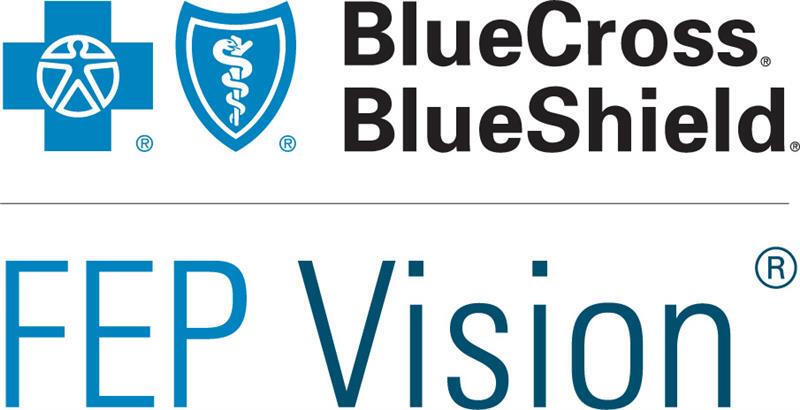Everyone leaves the service eventually and, if they have a family, they are leaving the military, too. Whether your service member serves four years or 40, one day your loved one will move into the civilian world.
It's a big transition -- logistically, emotionally and financially. The military spends a lot of time and resources trying to make this transition smooth, but spouses often feel left out. And since the move from military to civilian impacts so many aspects of life, spouses also have questions and concerns.
That's why I encourage military spouses to take advantage of those same resources that are available to service members. In person or online, there are a ton of programs, classes, seminars and events to support transitioning service members and their spouses. Whether it is the DoD Transition Goals, Plans, Success classes; the Institute for Veterans and Military Families Onward to Opportunity program for professional certifications; resume assistance from private organizations; or any other program, almost all of these are available for spouses, too.
There are three main ways that participating in these classes and programs can benefit your military family. Whether all three apply to you, or just one, or even if you're not sure what you might get out of these trainings, they're still worth the time
First, there are plenty of logistical and financial concerns that impact the whole family. What will your medical care look like? What's the family's post-military budget? Which programs and benefits will be available to support the changes? These questions impact the whole family, not just the service member. And let's be honest, the active-duty mom or dad may not know what questions to ask, because they often are not taking care of the day-to-day logistics of running the household.
Second, a knowledgeable spouse is a key partner in their service member's transition to school, another career or actual retirement. This support can be more or less active, but it is still important. It might be as simple as understanding the range of emotions that your loved one might feel, or it might be helping them prep for an interview or even being able to state your spouse's objective to that random friend or neighbor who might end up being part of their professional network.
Third, many military spouses find that their spouse's transition is a time for them to return to work or school. Learning about college funding, resume writing and networking is just as important for spouses as it is for the service member.
There are an uncountable number of programs, classes, workshops and networks to help military service members and their spouses make the smoothest possible transition to civilian life. If you're the spouse, get out there and take advantage of them. If you're the service member, encourage your spouse to be an active participant in the process.
Everyone benefits when the family team is working together.
Keep Up with the Ins and Outs of Military Life
For the latest military news and tips on military family benefits and more, subscribe to Military.com and have the information you need delivered directly to your inbox.













